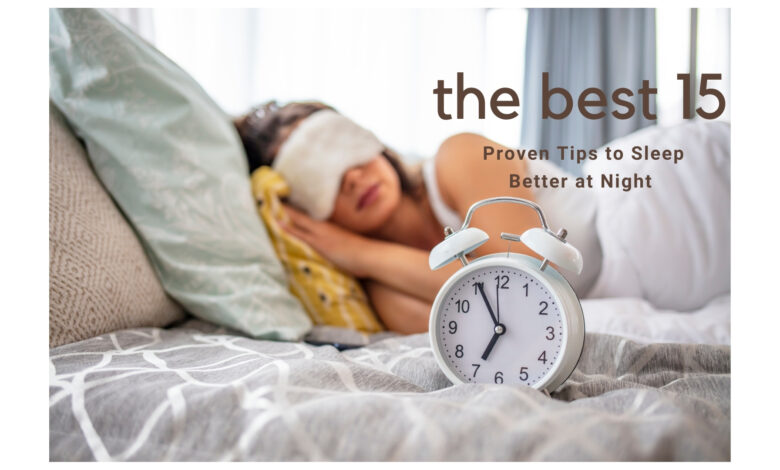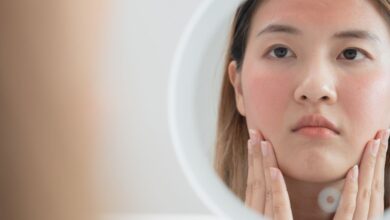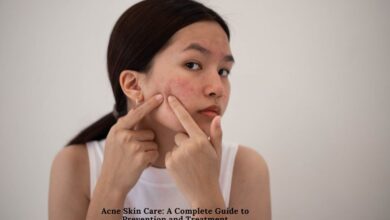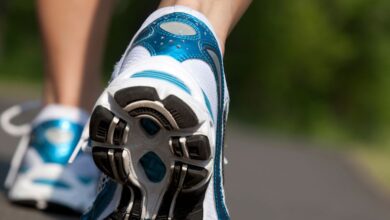the best 15 Proven Tips to Sleep Better at Night

Here are some tips to sleep better: Maintain a consistent sleep schedule and establish a relaxing bedtime routine. Create a conducive sleep environment by keeping your bedroom dark, quiet, and cool. Limit exposure to screens before bed and avoid stimulating activities close to bedtime.
Making changes to your diet and lifestyle can significantly improve your sleep quality. Incorporating certain supplements and natural remedies may also help.
A good night’s sleep is as crucial to your health as regular exercise and a nutritious diet. Research shows that poor sleep can negatively impact your cognitive abilities, mood, heart health, immune system, and more. It can also increase the risk of conditions like obesity and diabetes.
Prioritizing restful sleep is one of the best ways to optimize your health. Below are 15 evidence-based tips to help you sleep better at night.
Best 15 Proven Tips to Sleep Better at Night
1. Increase Bright Light Exposure During the Day
Spending time in natural sunlight or bright light during the day helps regulate your circadian rhythm, improving both daytime energy and nighttime sleep quality.
- Studies suggest daytime bright light exposure enhances sleep quality and duration.
- If natural sunlight isn’t accessible, consider using artificial light devices or bulbs.
2. Reduce Blue Light Exposure in the Evening
Evening light exposure, especially blue light from electronic devices, suppresses melatonin production, making it harder to relax and fall asleep.
Tips to reduce blue light exposure:
- Use blue-light-blocking glasses.
- Turn off electronic devices 2 hours before bed.
3. Avoid Caffeine Late in the Day
While caffeine can boost focus and energy, consuming it later in the day may disrupt your sleep.
- Avoid caffeinated drinks at least 8 hours before bedtime.
- Opt for decaffeinated coffee if you crave it in the evening.
4. Limit Daytime Naps
Short power naps are beneficial, but long or irregular naps can interfere with nighttime sleep.
- If naps disrupt your sleep, consider reducing their length or frequency.
5. Maintain Consistent Sleep and Wake Times
A regular sleep schedule aligns your body’s internal clock with sunrise and sunset, improving sleep quality.
- Try to go to bed and wake up at the same times daily.
6. Take a Melatonin Supplement
Melatonin supplements can signal your brain to relax and prepare for sleep.
- Start with a low dose and consult a healthcare professional before use, especially for children.
7. Consider Other Supplements
Supplements like magnesium, omega-3, and zinc may aid relaxation and promote better sleep.
8. Avoid Alcohol Before Bedtime
Alcohol disrupts sleep patterns and affects melatonin production.
- Limit alcohol consumption in the hours leading up to bedtime.
9. Invest in Comfortable Bedding
Quality bedding and mattresses can enhance sleep and reduce discomfort.
- Choose bedding materials suitable for your preferences and local climate.
10. Optimize Your Bedroom Environment
Create a sleep-friendly environment by addressing factors like temperature, light, and noise.
- Maintain a cool room temperature (around 65°F or 18.3°C).
- Minimize light and external noise.
11. Avoid Eating Late at Night
Eating close to bedtime may negatively impact your sleep.
- Finish meals at least a few hours before bed.
- If snacking, choose low-carb options.
12. Limit Liquid Intake Before Bed
Excessive fluid intake can lead to frequent nighttime trips to the bathroom.
- Reduce liquid consumption 1–2 hours before bedtime.
13. Relax in the Evening
Engage in relaxation techniques like mindfulness, meditation, or listening to calming music.
- Consider reading, taking a hot bath, or practicing deep breathing exercises.
14. Address Sleep Disorders
Conditions like sleep apnea or insomnia may require professional evaluation and treatment.
- Consult a healthcare provider if you experience chronic sleep problems.
15. Exercise Regularly — But Not Before Bed
Physical activity improves sleep quality but avoid exercising too close to bedtime.
- Aim for at least 150 minutes of exercise weekly.
FAQs
What is the 10-3-2-1-0 Rule for Sleep?
- 10 hours before bed: Avoid caffeine.
- 3 hours before bed: Stop eating and drinking alcohol.
- 2 hours before bed: Relax and avoid mental stimulation.
- 1 hour before bed: Turn off electronics.
How Can I Fall Asleep Faster?
Establish a sleep routine, reduce light and noise exposure, and limit food and liquid intake before bed.
Conclusion
Sleep is a cornerstone of good health. Like a nutritious diet and regular exercise, it plays a vital role in your well-being.
By incorporating the tips above, you can enhance your sleep quality and overall health. Make restful sleep a priority to support your journey toward optimal health.



